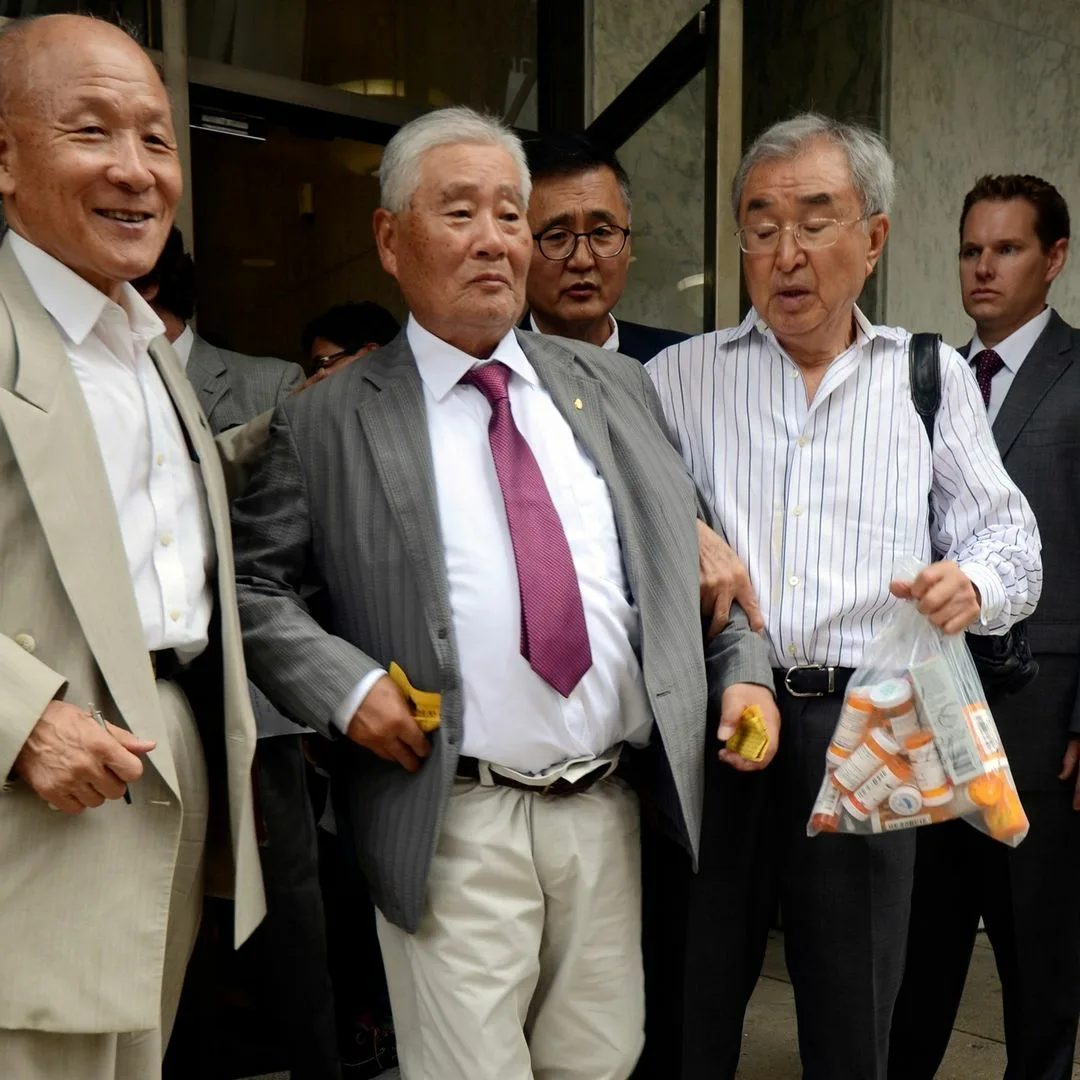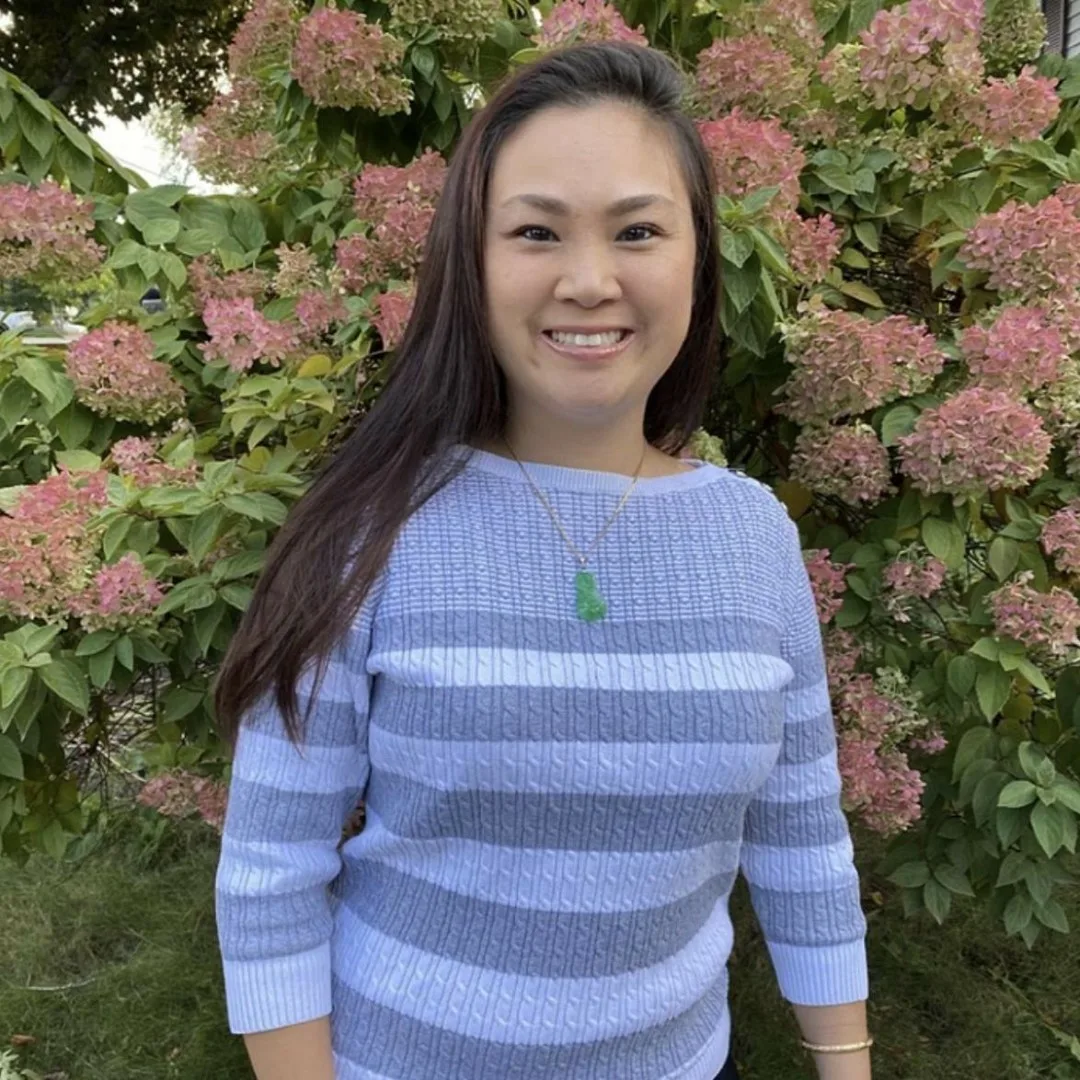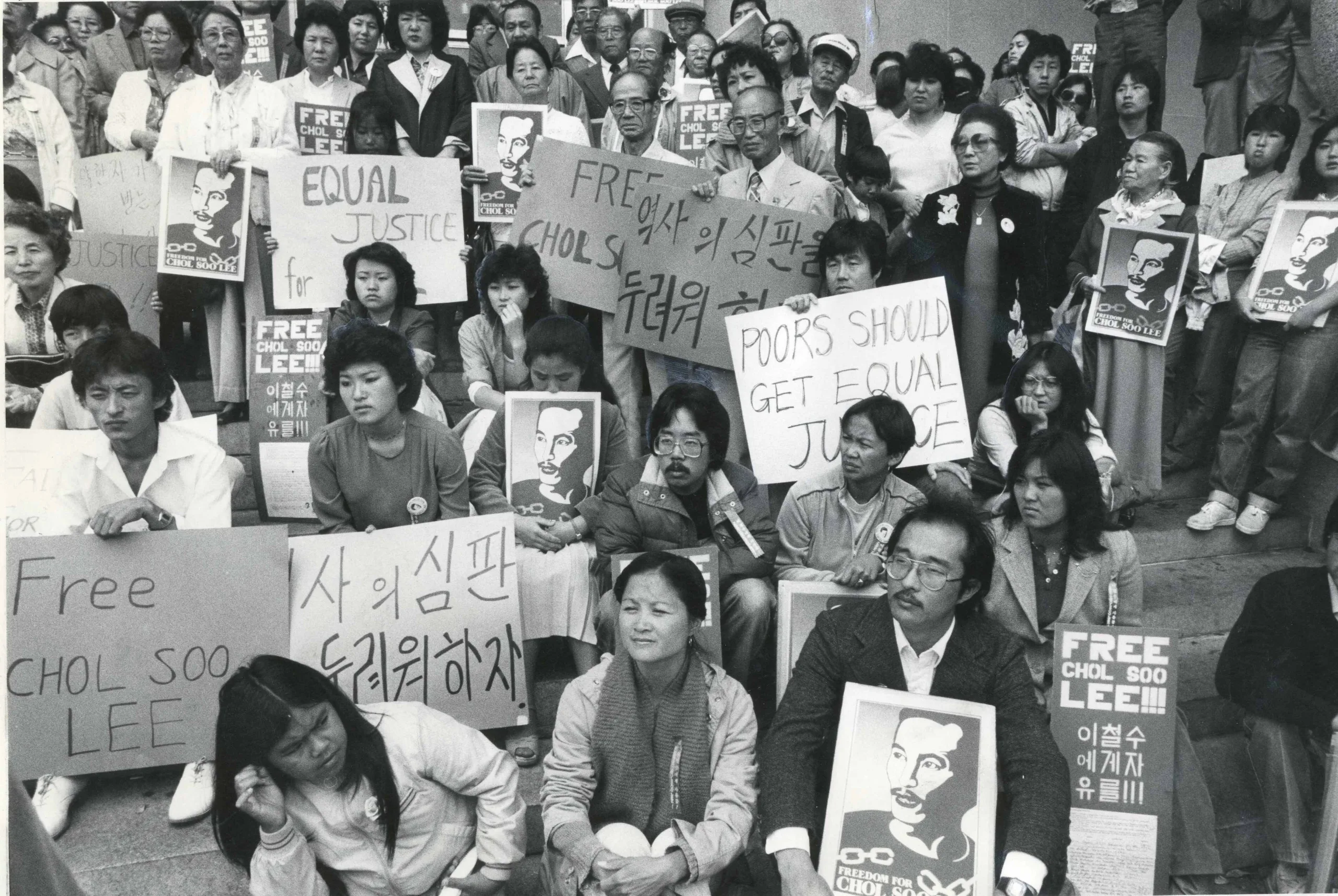Four Wrongly Convicted Asian Americans You Should Know
For AAPI Heritage Month, we’re highlighting the stories of four wrongly convicted Asian American individuals.
05.24.23 By Meghan Nguyen
May is Asian American and Pacific Islander (AAPI) Heritage Month — a time to recognize and celebrate the historical and cultural contributions of the AAPI community. In honor of this month, we’re highlighting the stories of four wrongly convicted Asian American individuals who have demonstrated immense resilience and strength in the face of racism and injustice.
Asians make up just 1% of people exonerated to date, but wrongly convicted Asians may face several unique challenges, from overt racism to language barriers to lack of community support.
For example, the “model minority” myth — the harmful stereotype that all AAPI people demonstrate high academic and economic achievement — may lead people to incorrectly believe that AAPI people don’t face the same social barriers as other minorities. Those who do not fit the “positive” stereotype of the model minority — including incarcerated Asian people and Asian exonerees — are often overlooked, and their needs ignored. Asian American legal scholar Robert S. Chang writes that “the portrayal of Asian Americans as successful permits the general public, government officials, and the judiciary to ignore or marginalize the contemporary needs of Asian Americans.”
Asian American exonerees in particular often receive little assistance from the government to facilitate reentry, and often lack support from the Asian American community when assimilating back into society.
The cases of Chol Soo Lee, Kin-Jin “David” Wong, Frances Choy, and Han Tak Lee highlight some of the unique challenges that wrongly convicted Asian Americans experience.
Chol Soo Lee
Born in South Korea, Chol Soo Lee emigrated to San Francisco at the age of 12. In 1973, at the age of 21, he was arrested for the murder of Yip Yee Tak.
Mr. Lee did not match the physical descriptions of Mr. Tak’s shooter, but three out of six white eyewitnesses identified him as the gunman in a police lineup. Mr. Lee was convicted in 1974 after a trial in which prosecutors did not turn over key pieces of evidence to the defense, and was sentenced to life without parole.
Six months into his sentence, Mr. Lee was in a prison yard altercation which resulted in the death of another incarcerated man named Morrison Needham. Mr. Lee said he had been acting in self-defense, but was convicted of first-degree murder and sentenced to death. He became the first Asian American on death row in San Quentin.
His case garnered public attention after Korean American journalist K.W. Lee penned over 120 articles questioning his 1974 conviction and bolstering the case for his innocence. K.W.’s writing inspired members of the Korean American community to create the Free Chol Soo Lee Defense Committee, which raised more than $120,000 to support Chol Soo’s appeal of his initial murder conviction.
In February 1979, a Sacramento judge overturned the conviction, ruling that prosecutors had wrongly withheld evidence from the defense. San Francisco prosecutors retried the case, but with the help of his defense attorney, Chol Soo was acquitted by a new jury in 1982. The following year, his conviction for Mr. Needham’s murder was overturned on the grounds of improper jury instruction and hearsay testimony.
After 10 years of incarceration, he was released that August. Chol Soo died in 2014 in San Francisco. The movement to free him, which captured the attention of Asian Americans around the country, is the subject of the documentary Free Chol Soo Lee, which premiered on PBS last month.

(Image: AP Photo/Marc Levy)
Han Tak Lee
Han Tak Lee was a Korean American man who was wrongly convicted of murder and arson in the death of his eldest daughter Ji Yun Lee. In July 1989, a fire erupted in a cabin Han Tak was sharing with his daughter at a religious retreat in Pennsylvania, killing the 20-year-old Ji Yun. Investigators concluded that the fire was deliberately set, and police arrested Han Tak, citing the inconsistent statements they said he made about his attempts to rescue his daughter.
At Han Tak’s trial, the prosecution called three witnesses, who testified that the fire could only have been caused by the intentional use of accelerants and that the chemical analysis showed the presence of fuel oil, although there was no credible scientific evidence of arson. Han Tak was convicted and sentenced to life in prison without parole. After his arrest, members of the Korean American community in New York formed the Free Han Tak Lee Committee, which raised money to help pay his legal fees.
Han Tak spent nearly 25 years incarcerated, where he told NBC News he experienced racial discrimination. He kept fighting to clear his name and in 2014 the United States Court of Appeals for the Third Circuit granted him a new trial. With the assistance of the Pennsylvania Innocence Project, Han Tak was finally exonerated in December 2015.
In 2016, Han Tak told reporters that the lack of support he felt from his community had made rebuilding his life after more than two decades of wrongful incarceration challenging, but said that he wanted to be more optimistic. In an interview with NBC, Han Tak said he relishes the freedom and the “fresh air” he now enjoys in his sunset years.

(Image: Courtesy of the Boston College Innocence Program)
Frances Choy
Chinese American Frances Choy was only 17 when she was charged with murder and arson after a house fire in her Massachusetts home killed her parents Jimmy and Anne Choy. Prosecutors alleged that Frances and her nephew, then-16-year-old Kenneth Choy, had intentionally started the fire to murder her parents. Frances was tried three times for the crime, with the first two trials ending in hung juries and the third trial, in 2011, ending in her conviction and a life sentence without the possibility of parole. Kenneth was charged with murder and spent five years in jail awaiting trial until a jury acquitted him in 2008. After being granted immunity, he testified for the prosecution, placing the blame on Frances.
In 2015, the prosecution disclosed evidence that showed that the trial prosecutors had exchanged numerous emails that made racist and sexually discriminatory remarks about Frances, members of her family, and Asians in general. After discovering this, Frances’ attorney John J. Barter spent nearly five years trying to get access to all of the emails with the help of the Boston College Innocence Program. In the spring of 2019, hundreds of pages of emails and other documents were finally released.
“This may be the first case in the U.S. where a murder conviction has been thrown out because of racism on the part of prosecutors,” Mr. Barter told WBUR News.
In 2020, Frances’ attorneys filed a motion seeking her release on bail after uncovering numerous problems in her third trial, including evidence that Kenneth had set the fire and then blamed Frances. The judge then released Frances from prison in April, and she was finally exonerated in September 2020.
“Nothing can erase the pain of losing my parents and how they suffered. I miss them every day. Even in prison I tried to live my life in a way that honored them,” Frances, now 34, said in a statement provided by her lawyers. “I’m relieved that the truth has been revealed and to have my life back beyond prison walls.”
According to her lawyers, Frances is one of the few women of color to be exonerated in Massachusetts.
Kin-Jin “David” Wong
Kin-Jin “David” Wong, an undocumented immigrant from China, was 23 when he was charged with murder after a man was stabbed to death at the Clinton Correctional Facility in New York. A prison guard believed that Mr. Wong, who was serving a sentence for armed robbery at the time, had behaved “suspiciously” near the scene of the crime and picked Mr. Wong’s photograph from a lineup.
During his trial, prosecutors also relied on testimony from Peter Dellfava, a jailhouse informant who received a recommendation for parole in exchange for his testimony against Mr. Wong. Mr. Dellfava recanted his testimony after Mr. Wong’s conviction.
Mr. Wong testified in his own defense, but his court interpreter did not speak his dialect, Fujianese, resulting in inaccurate and confusing translations of his testimony. Despite other incarcerated people testifying that Mr. Wong was not involved in the murder, he was tried before an all-white jury and convicted of second-degree murder.
New York activist Yuri Kochiyama took an interest in Mr. Wong’s case and formed the David Wong Support Committee, which worked tirelessly to publicize the case and raise funds to aid his defense.
After his conviction, additional witnesses came forward and told investigators that another man had actually committed the crime. In October 2004, Wong’s conviction was vacated, and in December 2004, the charges against him were dismissed. Mr. Wong was awarded $1,250,000 from the New York of Claims, but was deported to China several months later.

Leave a Reply
Thank you for visiting us. You can learn more about how we consider cases here. Please avoid sharing any personal information in the comments below and join us in making this a hate-speech free and safe space for everyone.